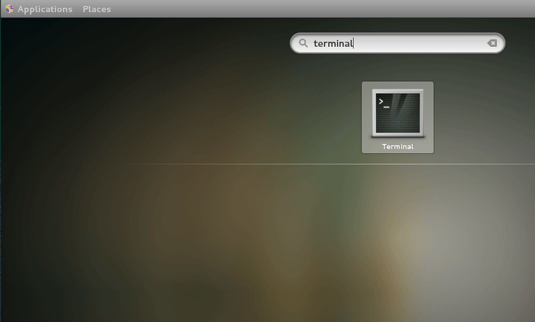GNU/Linux Gentoo Installing MongoDB – Step by step Guide
How to Install MongoDB Legacy Database in Gentoo GNU/Linux 64-bit desktop – Step by step Tutorial.
And MongoDB for Gentoo Linux (from “humongous”) is an Open-Source Document Database written in C++, and the leading NoSQL database.
MongoDB Database Features:
- Document-Oriented Storage >> JSON-style documents with dynamic schemas offer simplicity and power.
- Full Index Support >> Index on any attribute, just like you’re used to.
- Replication & High Availability >> Mirror across LANs and WANs for scale and peace of mind.
- Auto-Sharding >> Scale horizontally without compromising functionality.
- Querying >> Rich, document-based queries.
- Fast In-Place Updates >> Atomic modifiers for contention-free performance.
- Map/Reduce >> Flexible aggregation and data processing.
- GridFS >> Store files of any size without complicating your stack.
- Professional Support by MongoDB >> Enterprise class support, training, and consulting available.
Finally, this a System-Wide Setup, for a Local one simply Extract and Run it from inside the Home Directory.

-
1. Launching Terminal
Open Terminal Window
On Budgie/Gnome Hit Cmd/Win and Search for ‘term’:
(Press “Enter” to Execute Commands)
In case first see: Terminal Quick Start Guide.
Contents